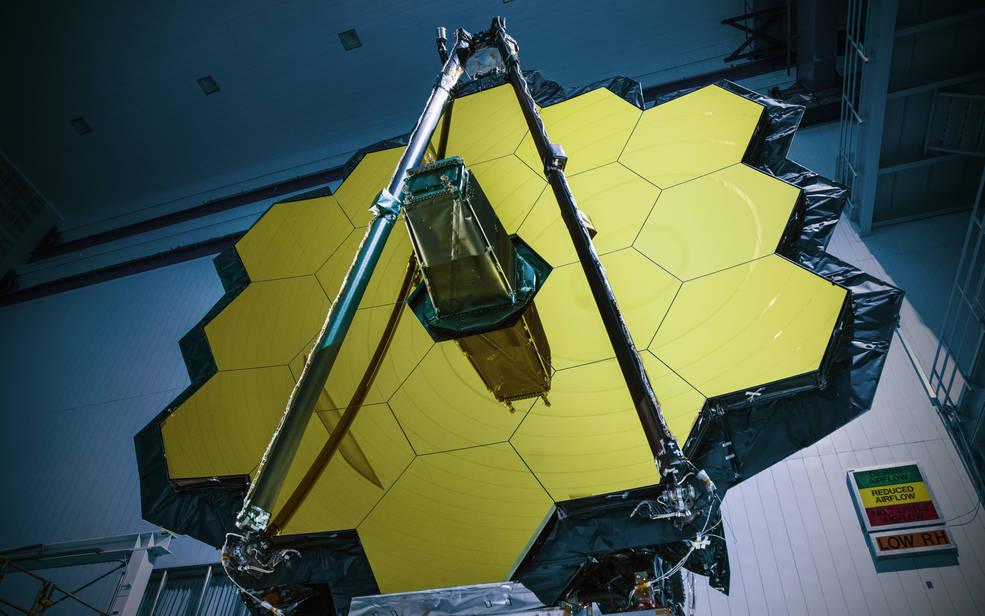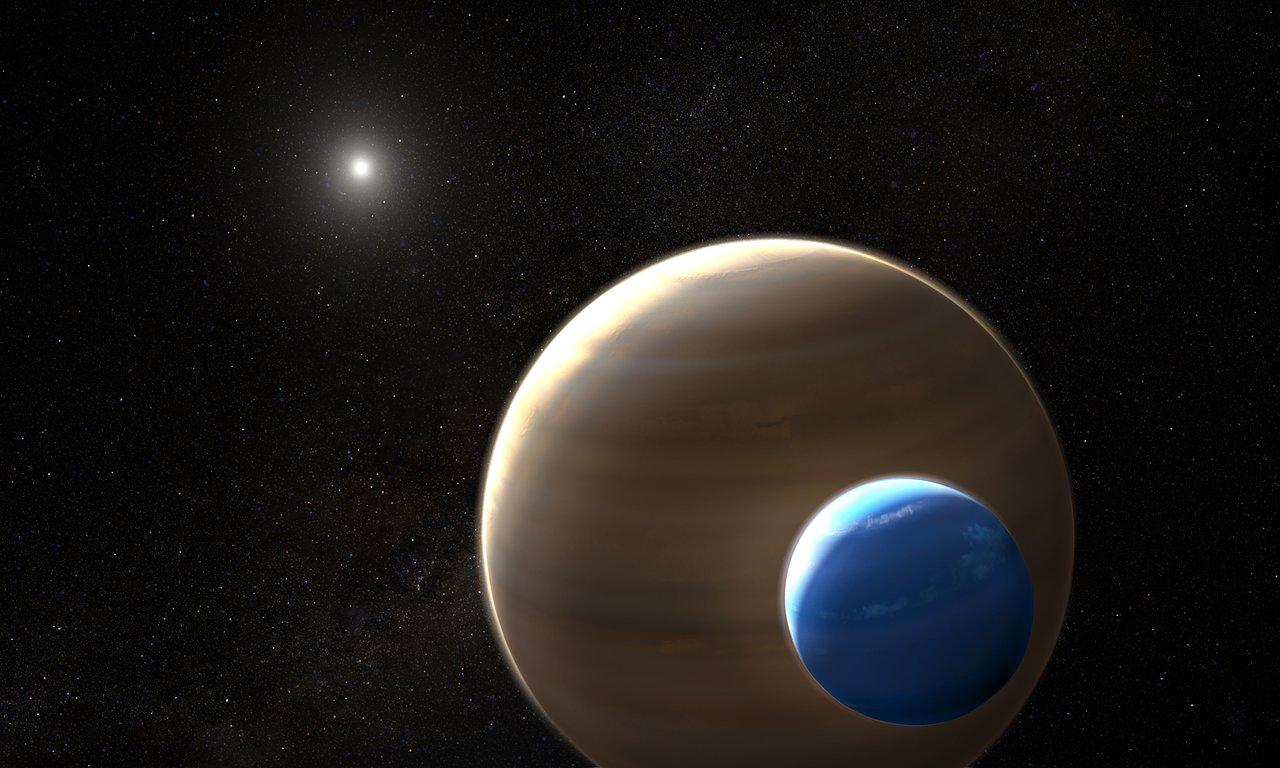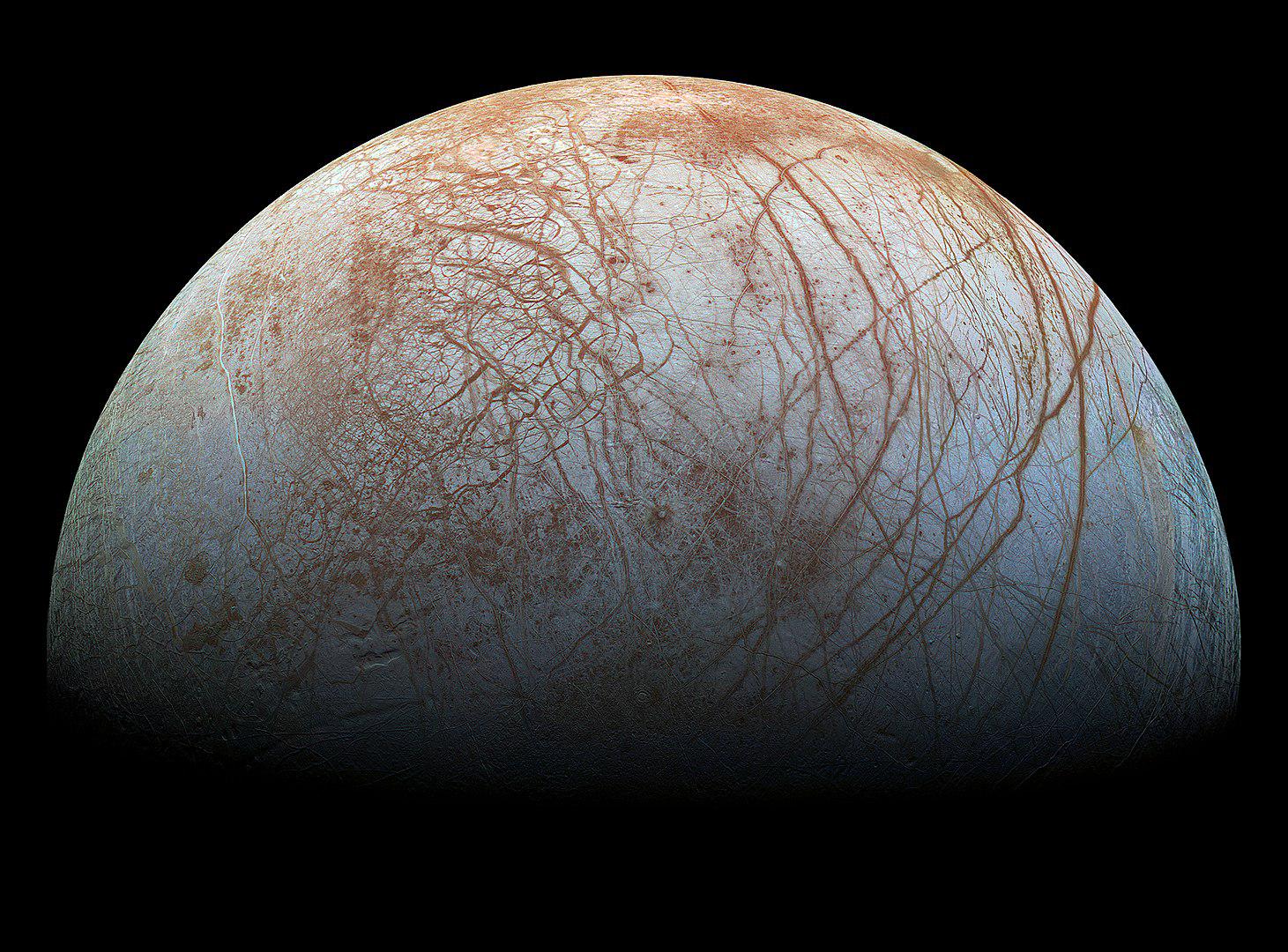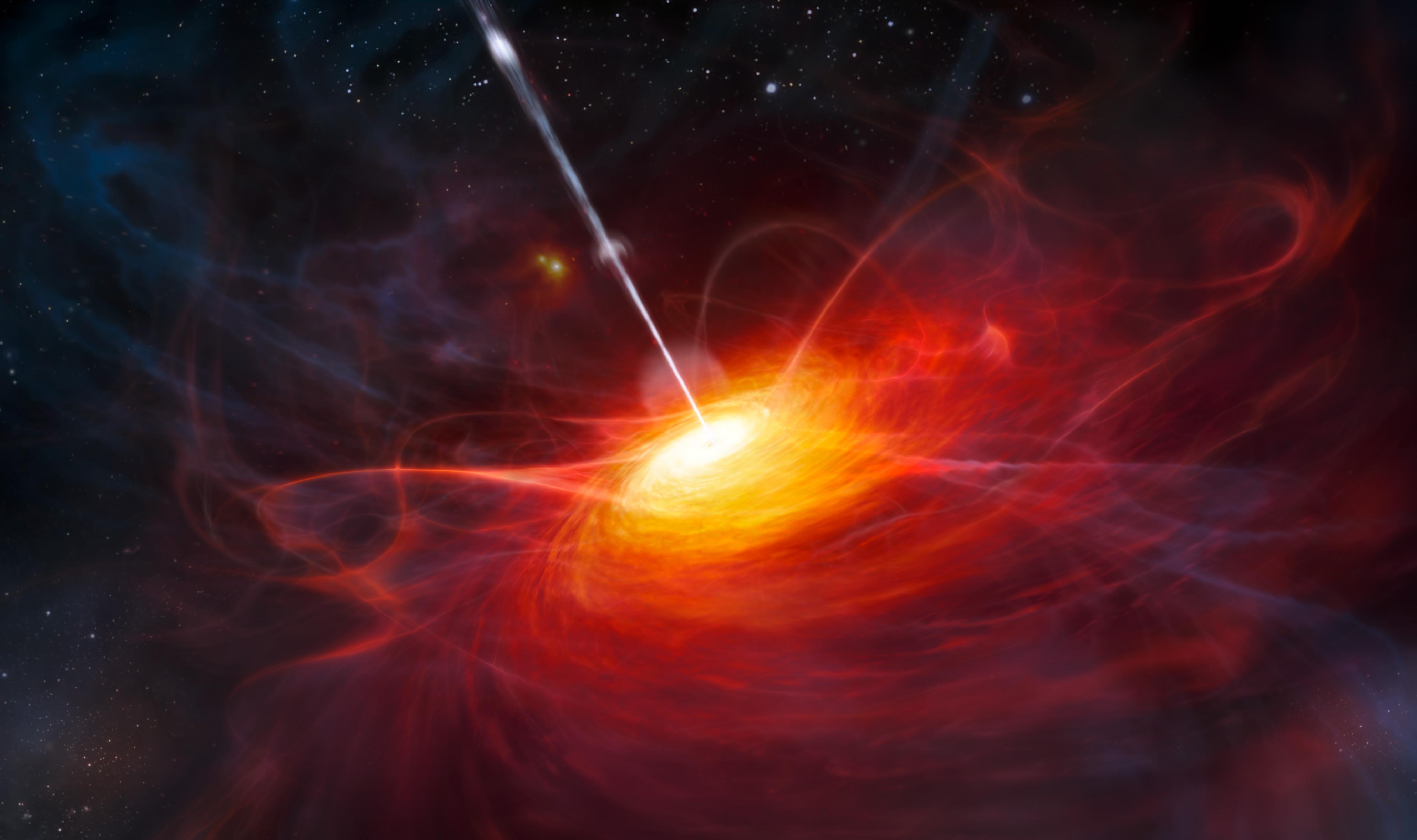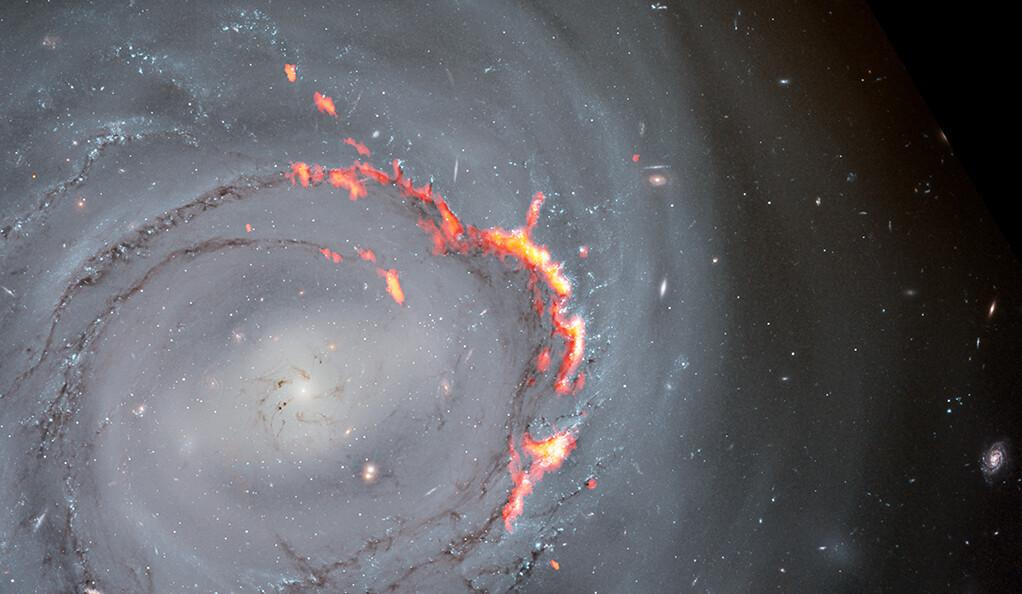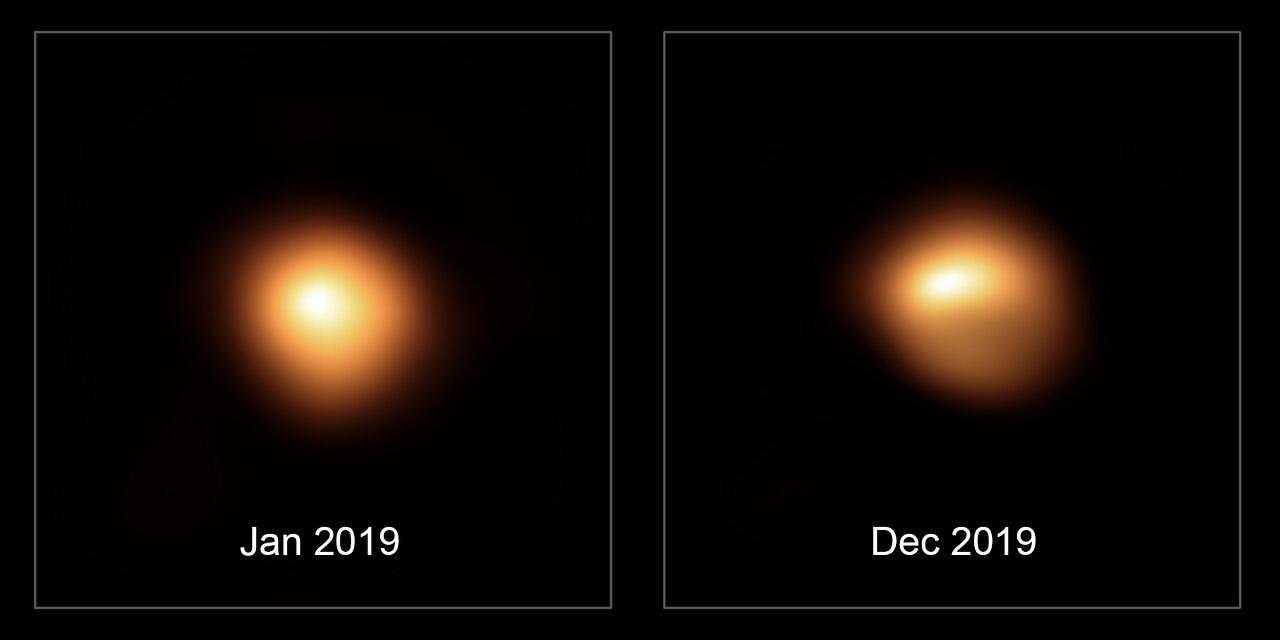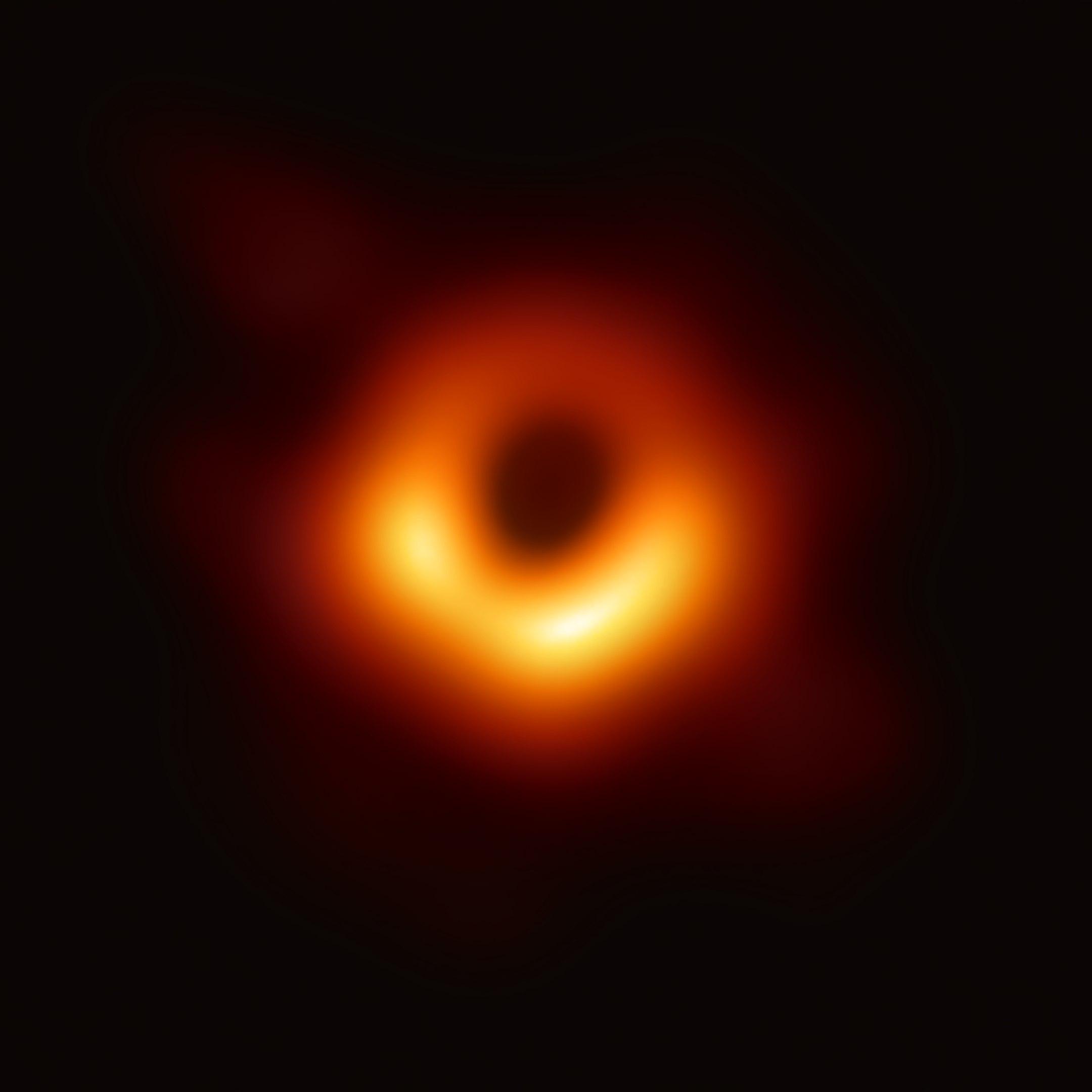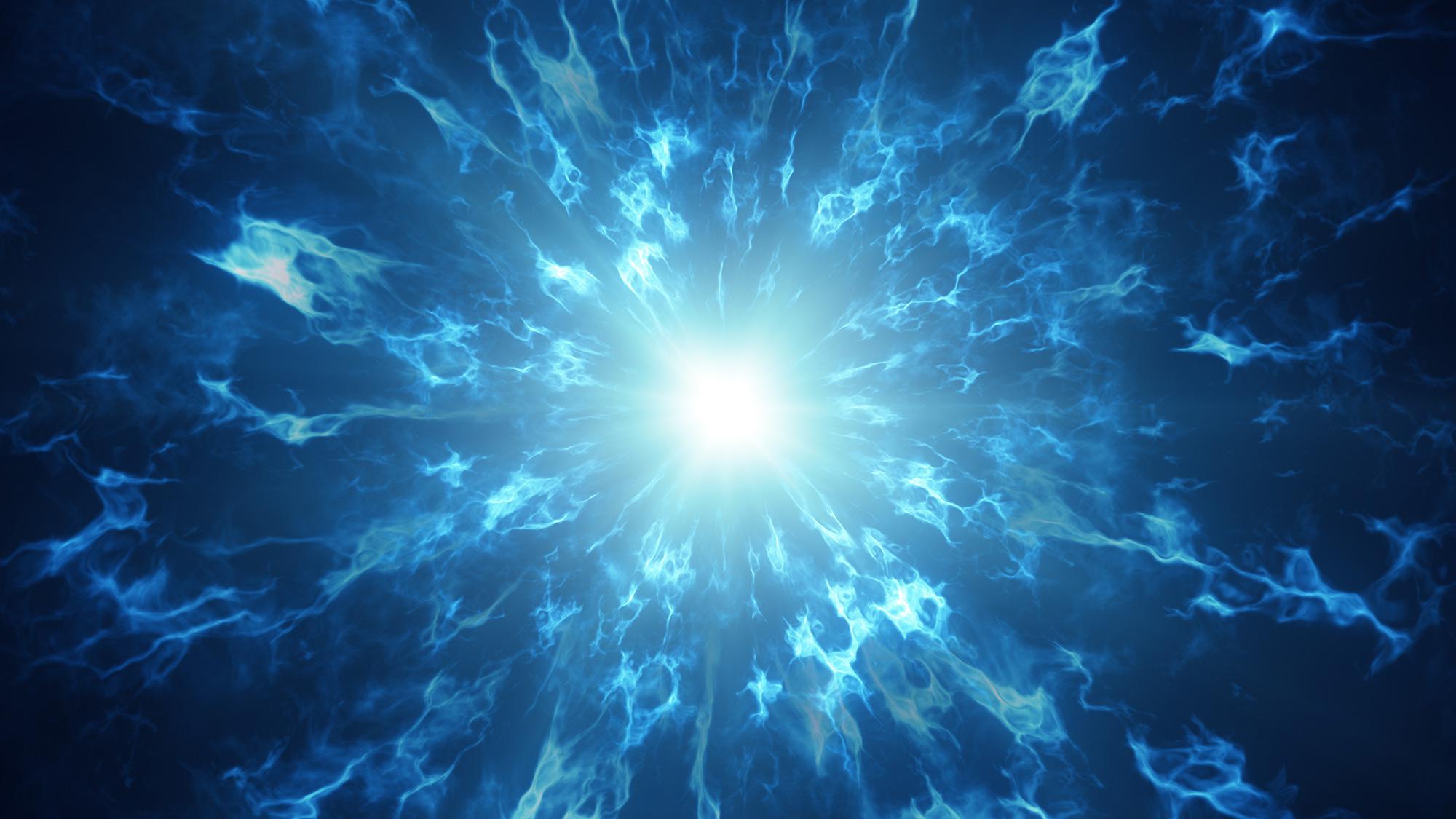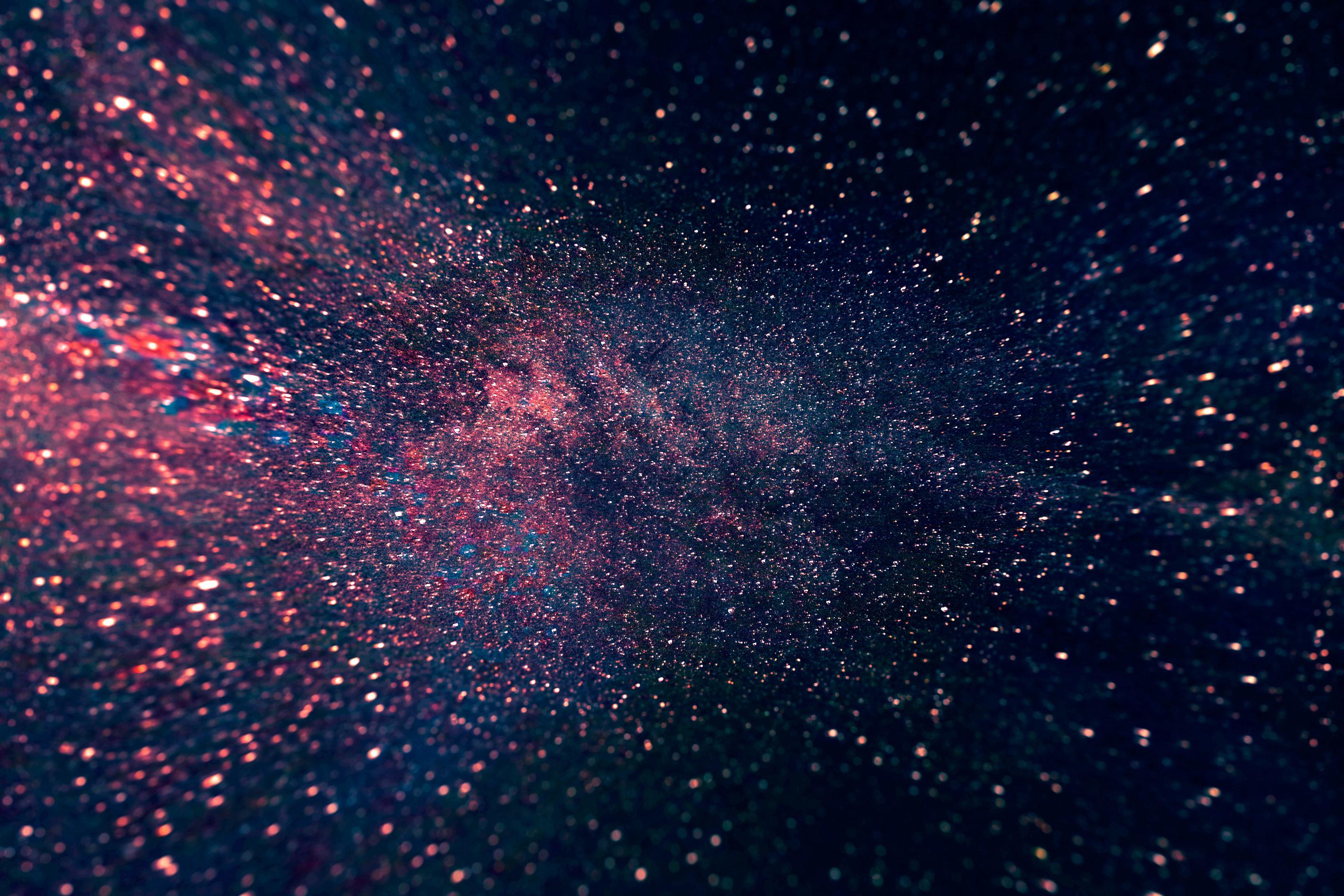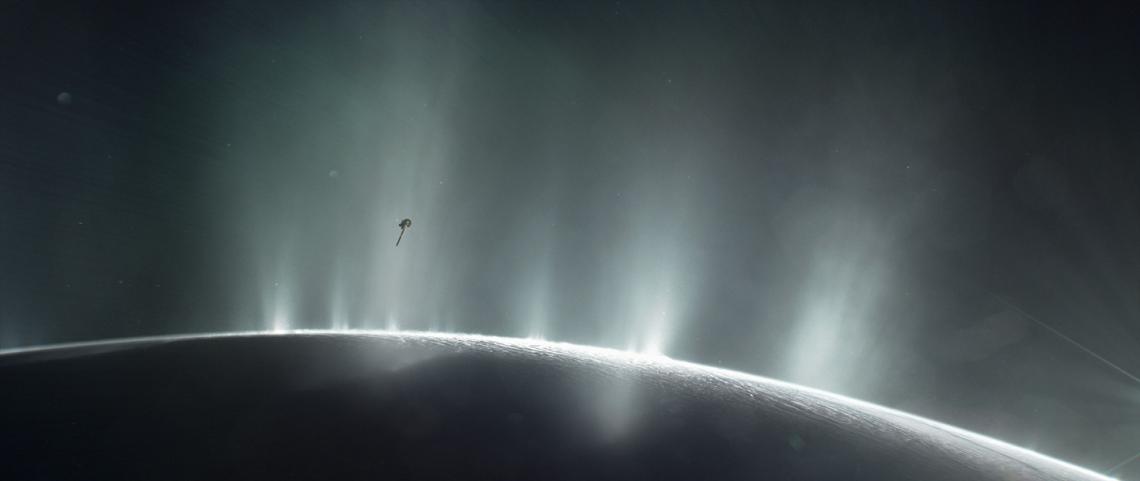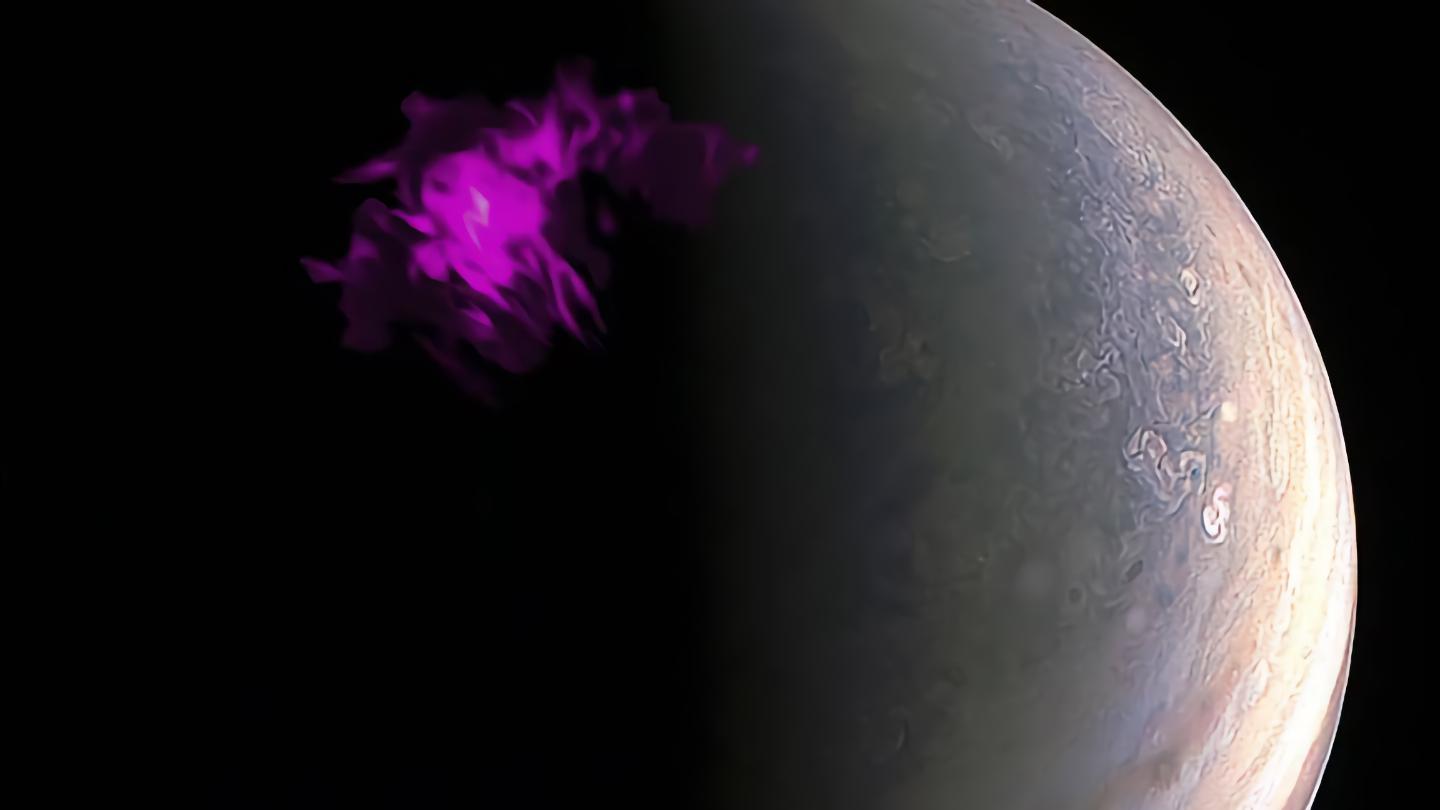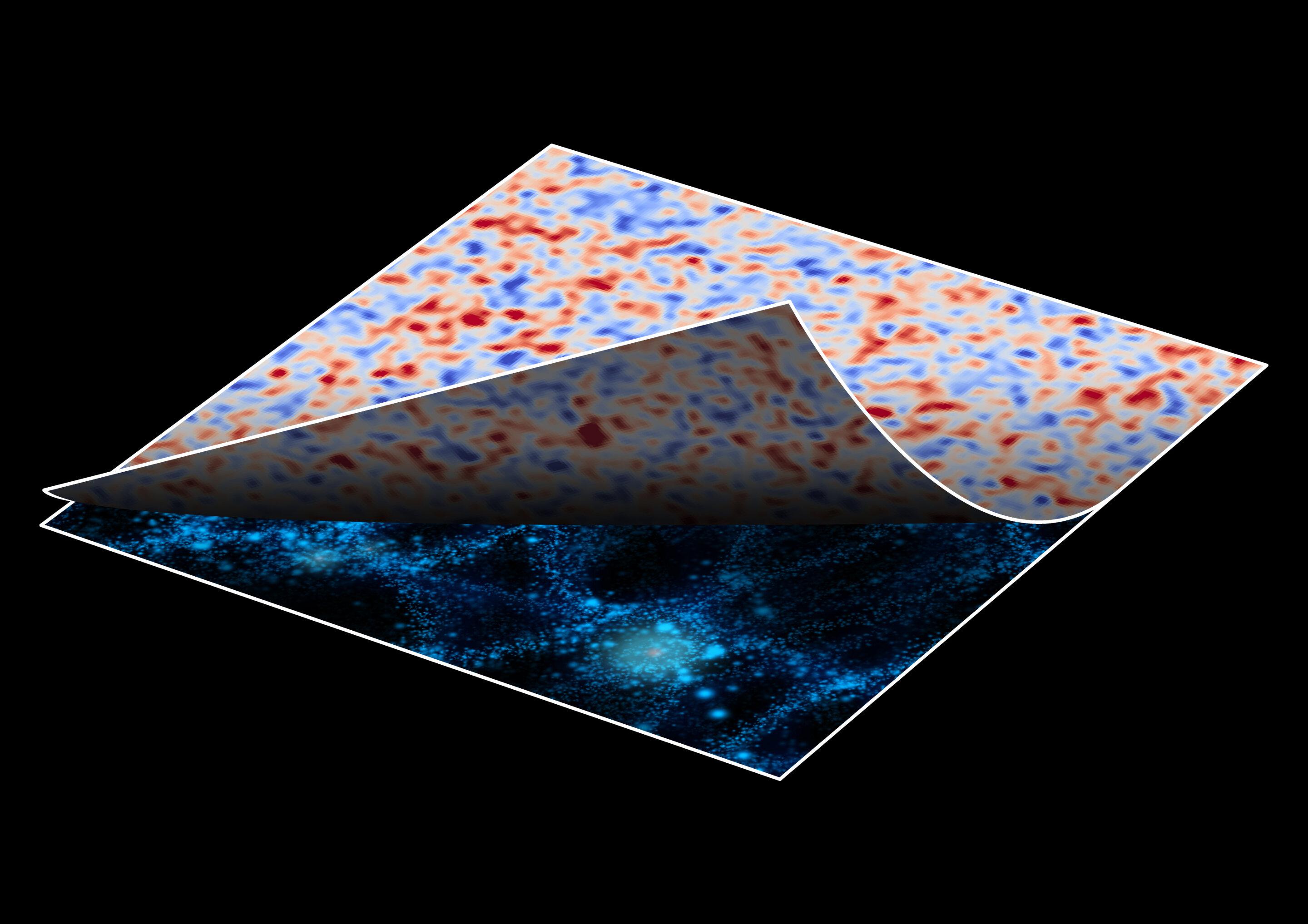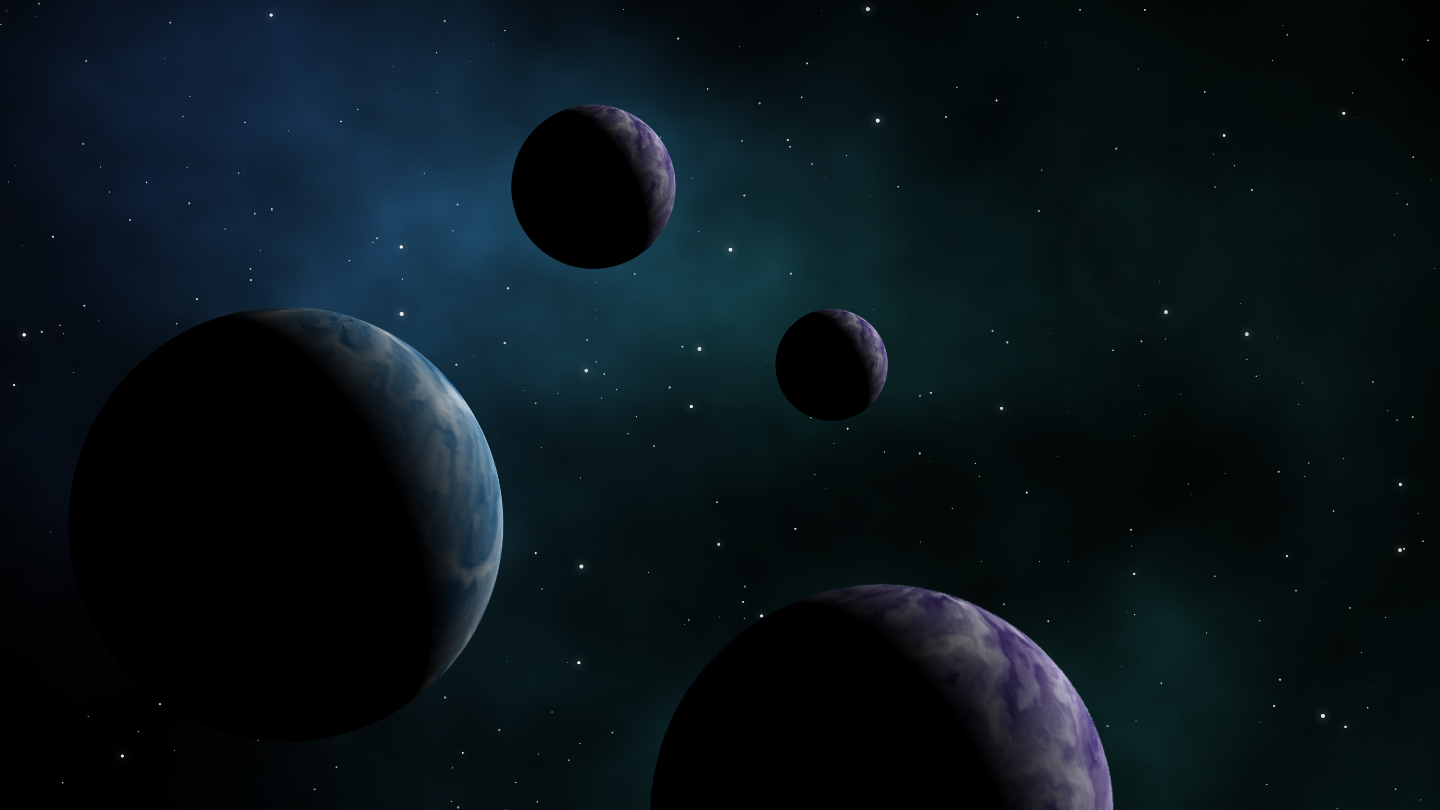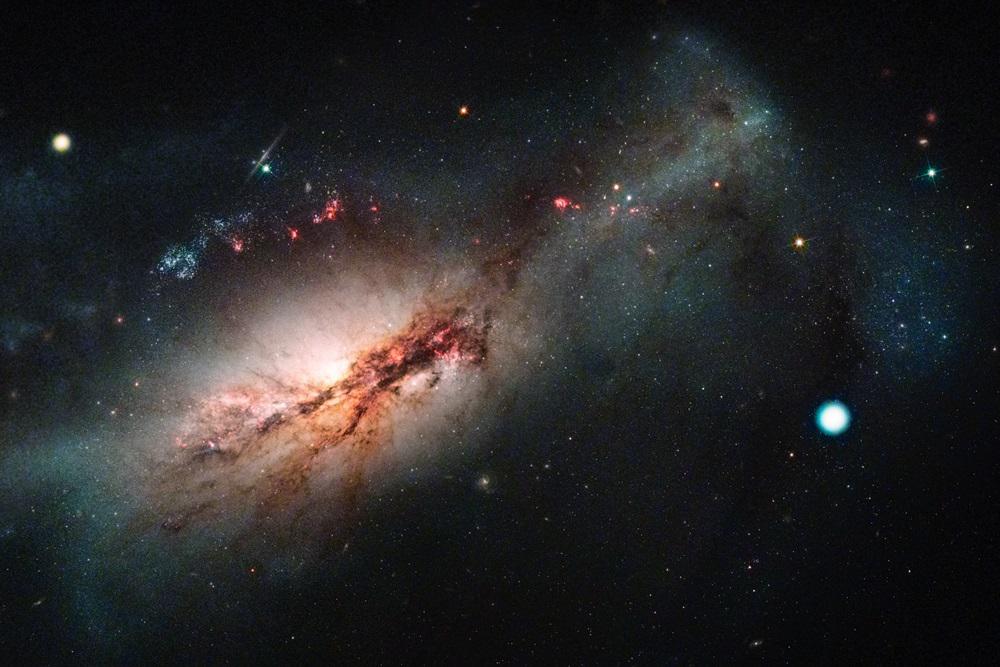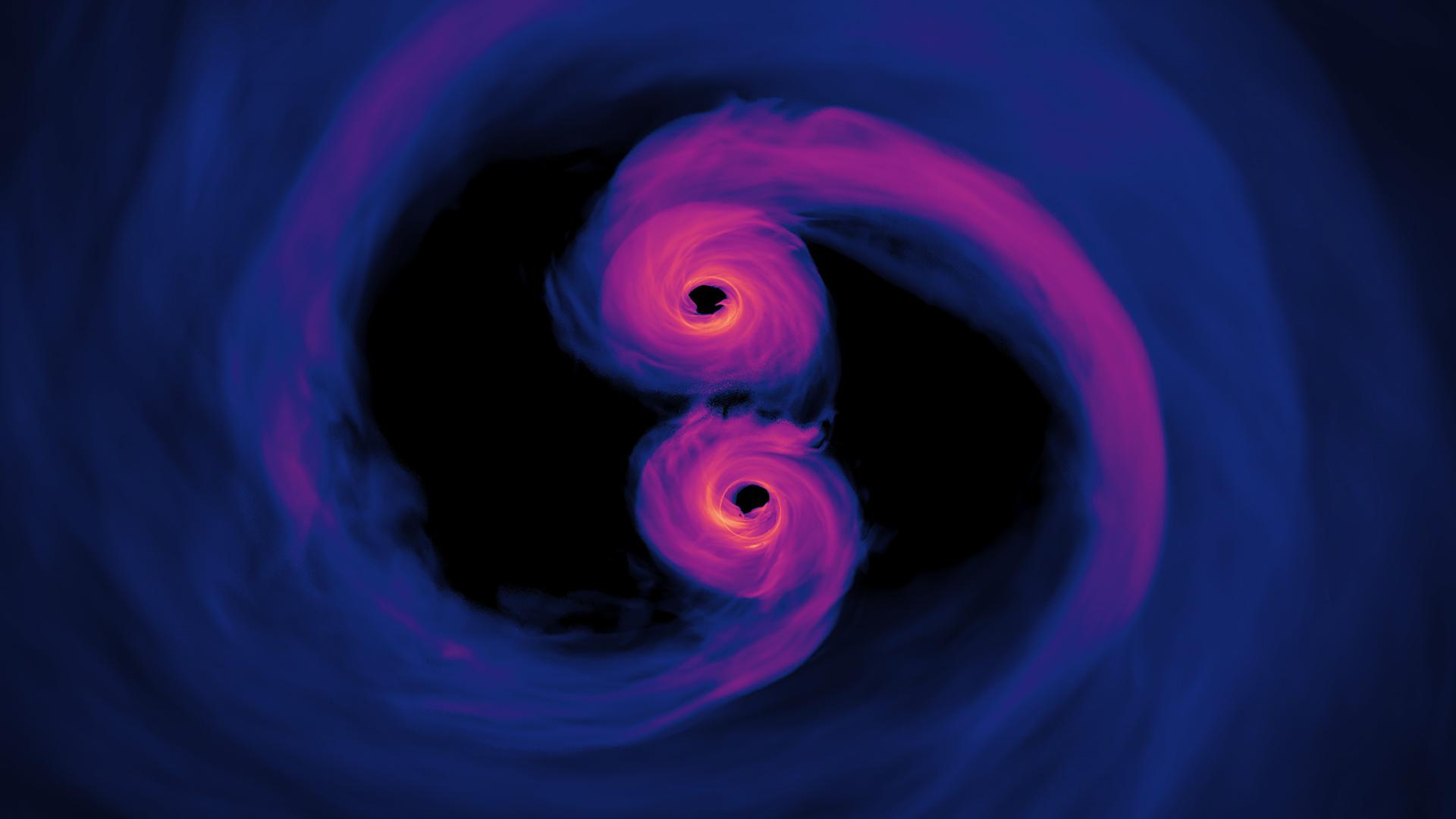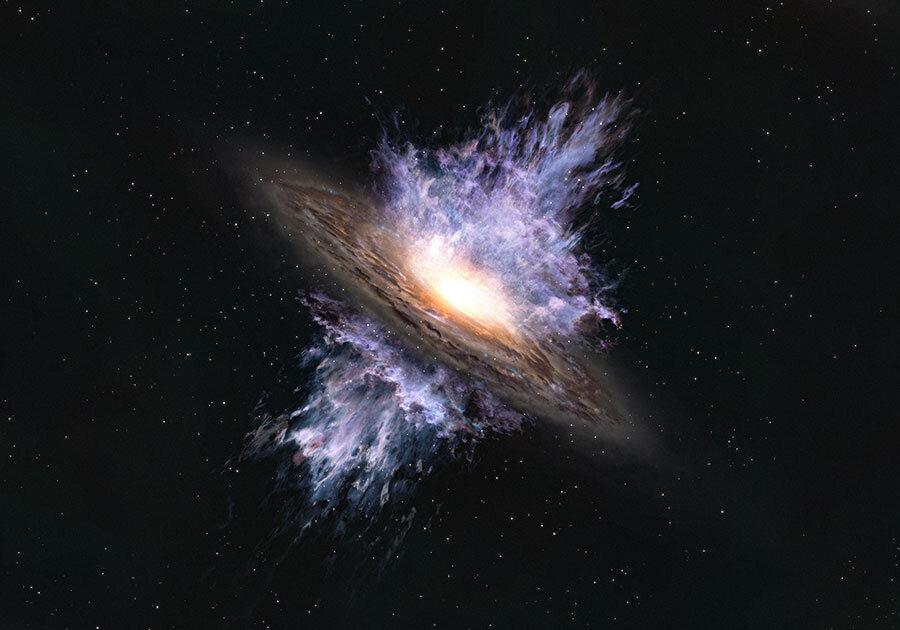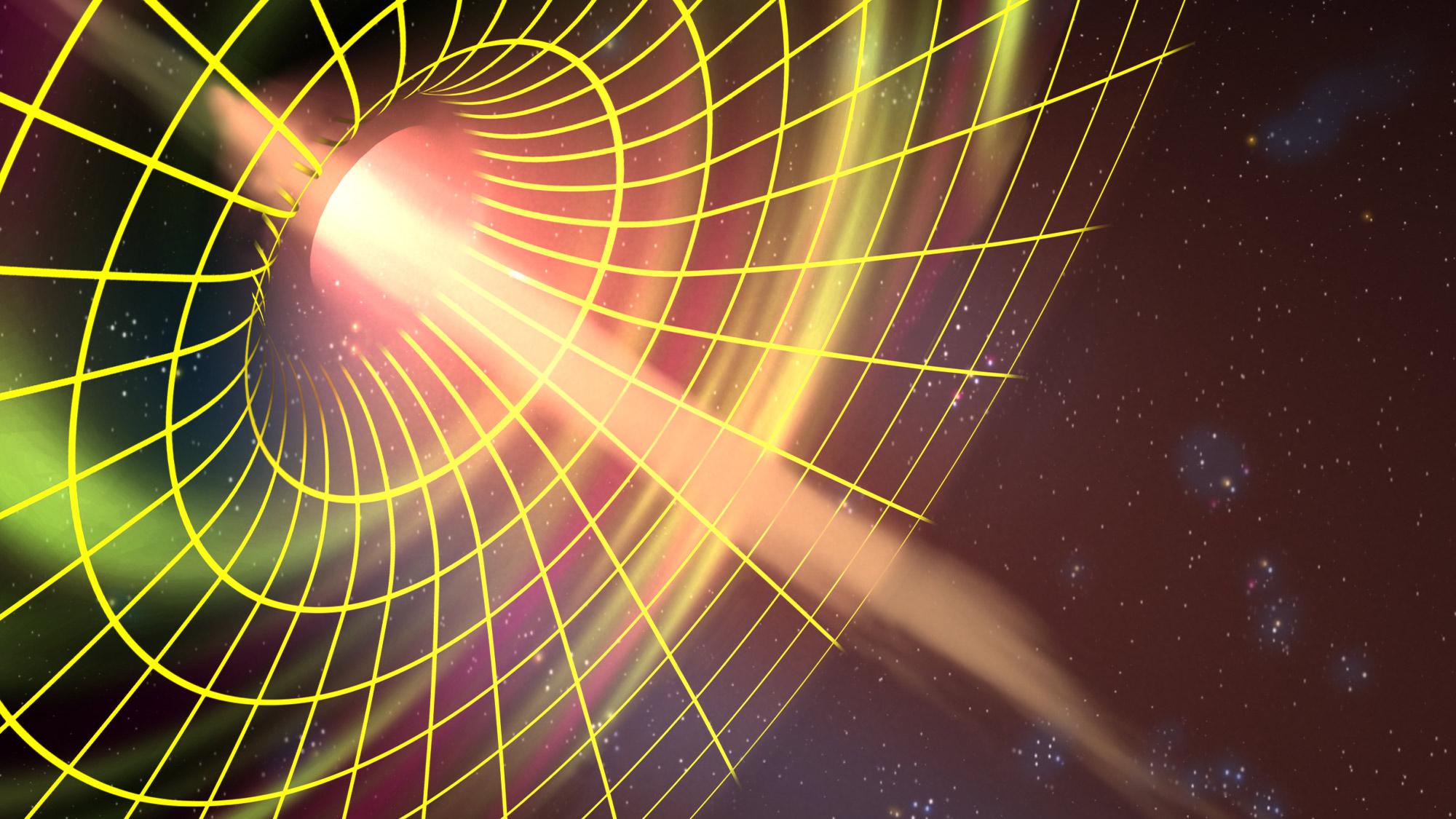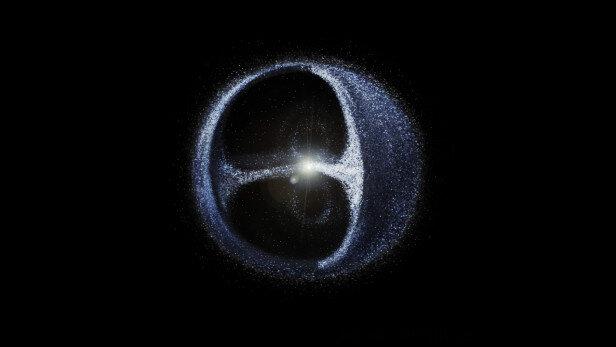cosmos
The upcoming launch of the James Webb Space Telescope is the event of a lifetime.
Life finds a way — particularly if it has a moon.
This short story is a fictional account of two very real people — Anaximander and Anaximenes, two ancient Greeks who tried to make sense of the universe.
Water is vital for life. Luckily for spacefaring humans, the solar system is full of it.
A new model addresses a longstanding problem: where do quasars get the fuel they need to outshine entire galaxies?
Galaxies can die if their star-making stuff is lost. But now it can find its way back.
Betelgeuse, the tenth brightest star in the night sky, mysteriously dimmed last year. Now researchers know why.
For the first time, light that comes from behind a black hole has been spotted.
What was the universe like one-trillionth of a second after the Big Bang? Science has an answer.
The great theoretical physicist Steven Weinberg passed away on July 23. This is our tribute.
Scientists do not know what is causing the overabundance of the gas.
Jupiter’s mysterious auroral events are caused by vibrating waves of plasma.
A new artificial intelligence method removes the effect of gravity on cosmic images, showing the real shapes of distant galaxies.
Tiny fluctuations in old Kepler data reveals four runaway planets that are reminiscent of Earth.
The ancient Greeks were obsessed with geometry, which may have formed the basis of their philosophical cosmology.
Astronomers find a third type of supernova and explain a mystery from 1054 AD.
An analysis of the gravitational wave data from black hole mergers show that the event horizon area, and entropy, always increases.
Researchers discovered a galactic wind from a supermassive black hole that sheds light on the evolution of galaxies.
Asking science to determine what happened before time began is like asking, “Who were you before you were born?”
Astronomers possibly solve the mystery of how the enormous Oort cloud, with over 100 billion comet-like objects, was formed.
Determining if the universe is infinite pushes the limits of our knowledge.
A new AI-generated map of dark matter shows previously undiscovered filamentary structures connecting galaxies.
A new paper reveals that the Voyager 1 spacecraft detected a constant hum coming from outside our Solar System.
Even with six months’ notice, we can’t stop an incoming asteroid.
A study looks at how to use nuclear detonations to prevent asteroids from hitting Earth.
Differences in the way that the Hubble constant—which measures the rate of cosmic expansion—are measured have profound implications for the future of cosmology.
We’re cautiously optimistic about our new findings.
Researchers propose a new method that could definitively prove the existence of dark matter.
Results from an experiment using the Large Hadron Collider challenges the accepted model of physics.
Not only does this give us a look at the scaffolding of the universe, we found some new galaxies too!
